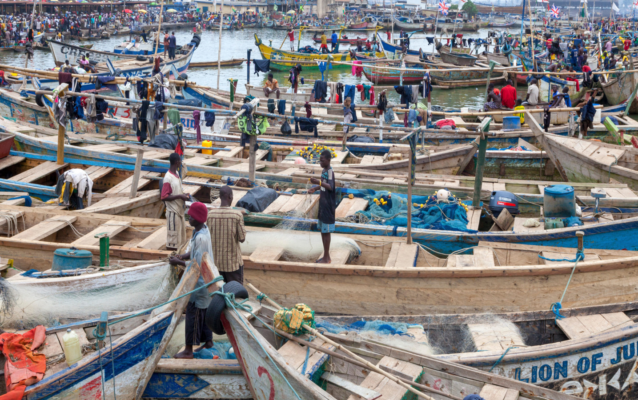Hub Researchers Contributed to the UN-Nippon Pilot Series on Science for Ocean Sustainability

Hub researchers have contributed to the United Nations Division for Ocean Affairs and Law of the Sea-led capacity building programme for the 2021 UN-Nippon Foundation (UNNF) Fellows and Alumni Pilot Series on Science for Ocean Sustainability as leading experts and moderator. This pilot series is part of the 2021 UNNF Virtual Activities: Implementing Practical Solutions in Ocean Affairs and the Law of the Sea.
First session – Ocean Science
In the first session “An Introduction to Ocean Science(s)” organised on 25th March 2021, Dr Kirsty McQuaid and Dr Sian Rees (the University of Plymouth), Professor Rose Boswell and Dr Nina Rivers (Nelson Mandela University) led discussion on how ocean professionals can and do engage with ocean science, including natural, economic, social and political sciences, as well as local/traditional knowledge and community science. In the session, ocean professionals and experts addressed various questions, such as:
- what kinds of ocean science(s) they require or produce in their daily work as an ocean professional, including but not limited to natural, social, economic, political, community science;
- how is science communicated to or mainstreamed into governance processes;
- who generates scientific information; and
- how science assists them in performing their office’s role.
If you wish to find out more about the Hub’s experience in combining varied and relevant expertise, see Wahome, Hills, and Morgera, 2020 on transdiciplinarity.
Second session – science-policy interface
The second session “Experiences in strengthening the science-policy interface” was held on 8th April 2021. Experts and participants explored means of strengthening the interface between science, policy, legal and management frameworks. Professor Jeremy Hills (the University of the South Pacific) provided insights on the following themes:
- why science or scientific data is necessary in the decision making process;
- challenges that he faced in incorporating scientific data into the decision-making process;
- whether he has clarity from policymakers regarding what information they need in decision-making; and
- how he could successfully manage to incorporate science into the decision-making process.
Professor Hills was further asked for his suggestions in assisting UN-Nippon Fellows and Alumni facing similar challenges to strengthen the use of science in policy, legal and/or management framework. For more information on the One Ocean Hub’ work at multiple scales of the ocean science-policy interface, see our recent policy brief feeding into the UN Decade for Ocean Science.
Third session – Data challenges
The third session in the series, namely “Challenges in Data Collection, Access and Use,” was held on 15th April 2021, to which Hub researchers Dr Holly Niner and Ms Giulia La Bianca (University of Plymouth) were invited. The session focused on data for marine resources and ecosystem management. Dr Niner moderated expert responses and an open discussion among oceans professionals to learn about global repository data relating to mineral resources and the environment, reflect on opportunities and challenges for using data for ocean management, and share knowledge on possible means to overcome challenges in data collection, access, and use.
For more on the Hub’s approach to this matter, see the requirement identified in Howell et al., (2020).
This is the second year that the Hub collaborates with the United Nations Division for Ocean Affairs and Law of the Sea on the UN-Nippon Fellow and Alumni Programme. In 2020 we have contributed in organising a series of seminars for the UN-Nippon Fellows and Alumni Virtual Training Series Responding to the Impacts of Covid-19 on the following sessions:
- COVID-19 Impacts on the South African Small-Scale Fisheries Sector
- Understanding Marine Science at the Ocean Science-Policy Interface
- Understanding Social Science and the Ocean Science-Policy Interface
- Domestic Customary Law & Ocean Governance: An Introduction to Different Perspectives and Approaches
- Gender Mainstreaming in the Ocean: Promoting Equality, Including in the Context of Covid-19 Recovery
- Breaking Laws on the Sea II
- Small-Scale fisheries and Blue Justice
- Oceans and Climate Change: Impact and Adaptation.